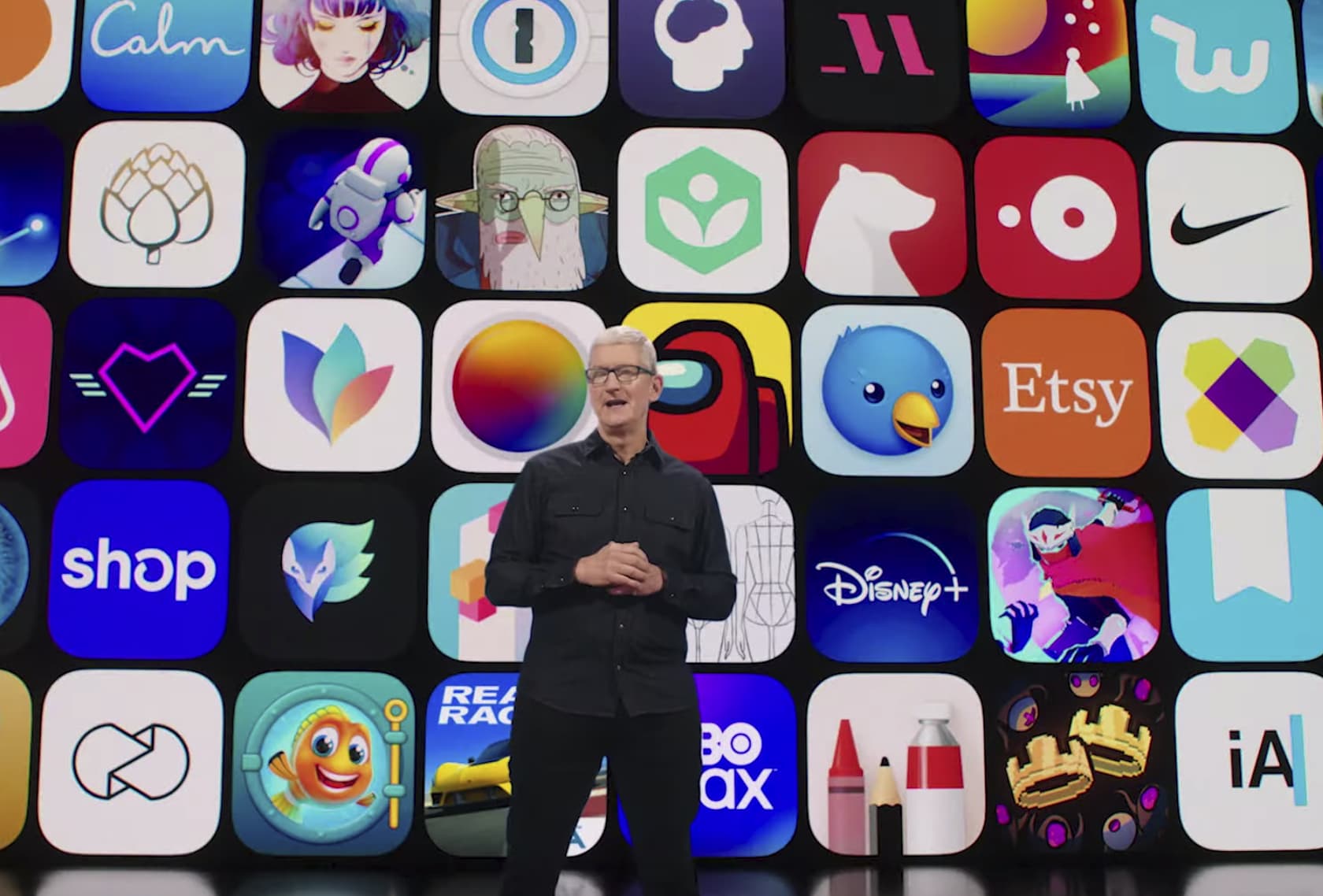Apple will allow app developers to email their users about non-Apple purchase options, in a major change to App Store policies.
Previously, Apple prohibited app makers to steer users through email to their websites to pay for digital products. App makers want to contact their customers directly to encourage them to pay directly and avoid Apple’s App Store fees, which range from 15% to 30% of gross sales.
Now developers can use information obtained within their apps, such as an email address, to communicate with their customers and encourage them to pay directly, instead of through Apple.
“To give developers even more flexibility to reach their customers, Apple is also clarifying that developers can use communications, such as email, to share information about payment methods outside of their iOS app,” Apple said in a press release. “As always, developers will not pay Apple a commission on any purchases taking place outside of their app or the App Store. Users must consent to the communication and have the right to opt out.”
The policy change is because Apple has settled a class action lawsuit with developers who alleged that Apple monopolized distribution for iOS apps and in-app purchases, leading to commission overcharges.
Separately from this settlement, Apple is also facing significant pressure on its App Store policies and commission rate from regulators and lawmakers around the world, and was engaged in a high-profile antitrust trial against Fortnite maker Epic Games. A judge’s decision in the Epic Games trial is expected later this year.
“By informing customers of alternative payment options, developers can avoid paying Apple’s commissions and, moreover, exert competitive pressure on Apple to discipline its pricing,” lawyers for the plaintiffs said in a court filing.
Developers who made less than $1 million dollars per year from 2015 through 2021 can claim between $250 and $30,000 from a fund into which Apple is paying $100 million.
The law firm representing the plaintiffs, Hagens Berman, said that more information would be available at a settlement website, although it is not operational yet. The settlement will need to be approved by Judge Yvonne Gonzalez Rogers, who will also decide the Epic Games antitrust case.
The agreement between the plaintiffs and Apple included several other changes to App Store policy.
- Small Business Program. Apple will keep its lower 15% commission for companies making under $1 million on the App Store for at least three years
- Search and discovery. Apple will conduct experiments with App Store search, including in ways to “give new and high quality apps a chance to be found,” according to a legal filing.
- Price points. Apple will allow developers to choose different prices. Previously, developers were only allowed to choose near-round dollar figures ($0.99) in the U.S. Now, they can price apps and in-app purchases at, for example, $1.49.
- App Rejection. Apple will continue to allow app makers to appeal its decisions and will add additional information about the appeals process to its website.
- Transparency. Apple will publish an annual report with information about app rejections, search queries, and other developer issues, according to a court filing.
The inability for app developers to email its customers about payment alternatives has been a focus of the European Commission. Spotify, in particular, chafed against the rule. Apple will remove the restriction from its App Store Review Guidelines, according to a court filing.
“If you are a rival to Apple Music you cannot send your subscribers an email telling them to go to your website to subscribe at a price without the commission fee,” EC competition chief Margrethe Vestager said in April after filing a formal statement of objections against Apple.
App developers, however, will not be able to steer new users inside their apps to a website to sign up to pay outside of Apple’s App Store.
Apple’s “anti-steering” rules were a focus of Judge Yvonne Gonzalez Rogers questioning of Apple CEO Tim Cook in an antitrust trial against Fortnite maker Epic Games earlier this year. A decision is expected later this year.
Separately, Apple announced on Thursday that it would reduce App Store fees for publishers which provide content to Apple News.
In a statement provided to CNBC reacting to the Apple News announcement, Epic Games CEO Tim Sweeney said that Apple had a “divide and conquer” strategy where it offers special deals to different segments of developers “in an effort to get each group to buy into their monopoly on distribution and payments.”
